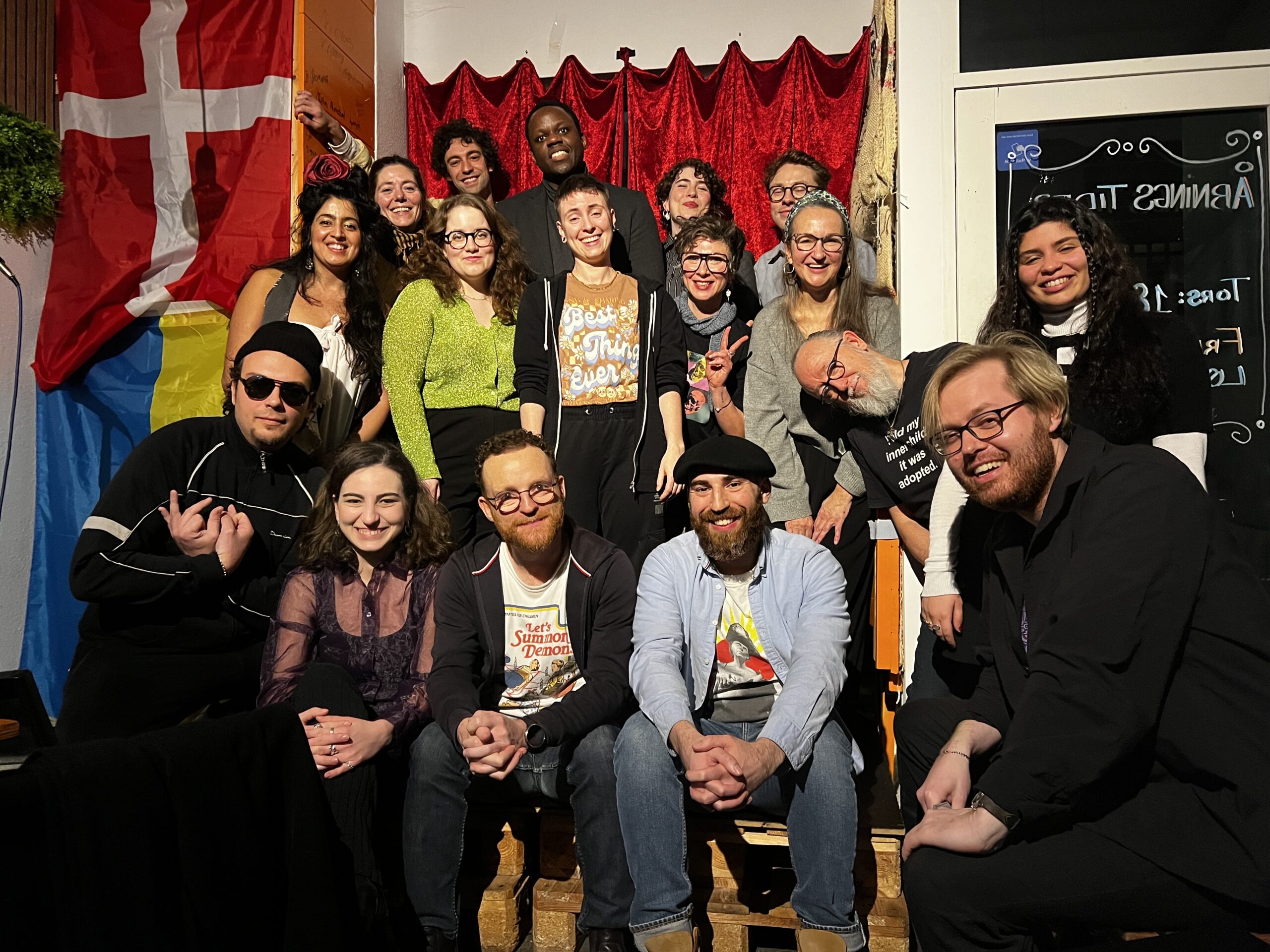The Danish deposit refund system of paying a deposit on certain bottles, cans and other containers at the point of sale and getting the deposit back when the container is returned to an authorised redemption centre is considered one of the best in the world.
But Dansk Retursystem, the non-profit company that manages the system, said the government’s plan to cut 64 million kroner from their annual funding may cause serious damage.
“If they cut such a large amount, they run the risk that the return rate will drop,” Inge Fisker from Dansk Retursystem told Jyllands-Posten newspaper. “That much money cannot be trimmed out of the system without feeling the effect.”
Currently, if a customer pays the deposit and does not return the bottle, that money is passed on to Dansk Retursystem, who uses it to update and modernise the service.
“If 64 million kroner disappears, brewers may be forced to increase their prices because the money is no longer in the system,” said Fisker. “Higher prices will increase cross-border trade and lower returns because products abroad are sold without a deposit.”
Fisker said that the loss in funds would result in a drop in service because Dansk Retursystem will not be able to collect containers from stores as often. The shops may in turn opt to drop the entire system and simply toss the bottles and cans out.
Dansk Retursystem is currently working on a number of projects designed to improve the collection system. One scheme involves setting up collection machines to accept German cans – which are sold without a deposit, and snatched up in large numbers by Danes crossing the border – if the government succeeds in negotiating a deposit deal the Germans.
They are also testing their first unmanned collection station in Høje Taastrup. Instead of placing the bottles one at a time into a collection machine at a supermarket, consumers place all of their bottles and cans into a single large bag and drop the bag off at the collection point. The bag has a microchip that is tied to the customer’s credit card and the deposit money then shows up in their bank account within ten working days.
"We are constantly trying to develop and streamline the deposit system,” said Fisker.
If the test in Høje Taastrup goes well, Dansk Retursystem hopes to establish a few hundred such stations across the country.
"It is important that the stations be located in places where people come, like large shopping centres," said Fisker.
Another test station is planned for the Jutland town of Horsens in early 2013, and Dansk Retursystem hopes to evaluate the project in the summer of 2013.
Fisker expressed concern that all of the new projects may be put on hold if the government cuts the funds that are primarily used to improve the system.















